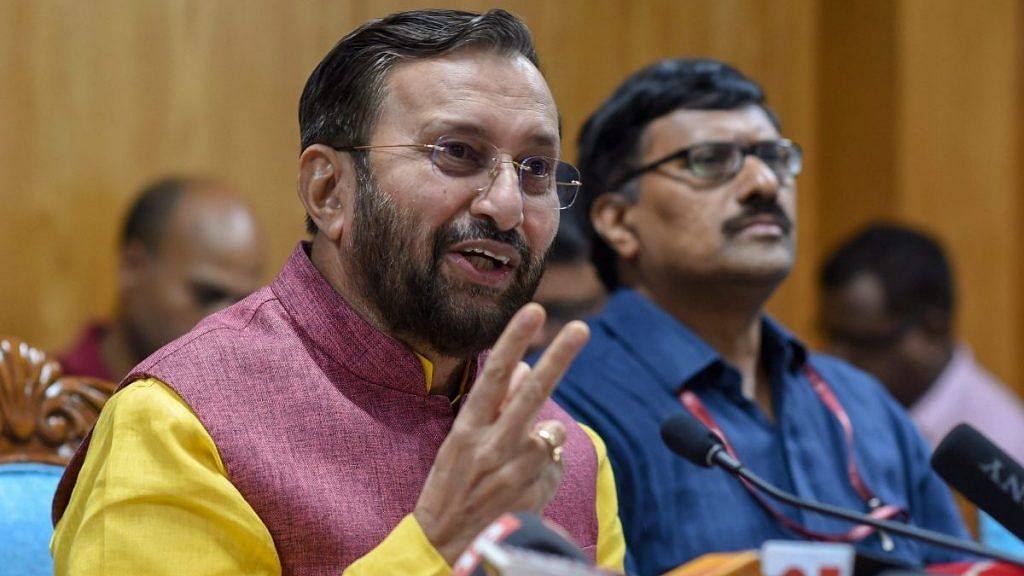New rules say IITs and centrally-funded institutes like NITs must have “smart” classrooms, hostels should have LAN and Wi-Fi facilities.
New Delhi: The Indian Institutes of Technology and other centrally-funded institutes such as NITs may have to generate their own resources if they want to construct swimming pools or food courts on campus, say new building norms set by the human resource development ministry.
The changes are part of a letter that the ministry has sent to all IITs, specifying the guidelines for construction activities with government funds.
HRD ministry officials told ThePrint that these guidelines have been designed to ensure that the infrastructure, being developed in the new IITs, is strictly as per requirement and that no extra facility, which may not be immediately required, is created.
Also read: IIT Indore makes it to top 400 global institutes’ list, IIT Bombay slips in ranking
The matter was discussed at a meeting of the IIT Council, the highest decision-making body for the institutes, in August.
“The standards for construction have been issued by MHRD for developing of campuses and other infrastructure in IITs and all centrally-funded institutes,” said a ministry official.
There are a number of new IIT campuses coming up in Dharwad, Palakkad, Tirupati, Bhilai, Goa and Jammu. The Central government has earmarked Rs 5,000 crore for their construction.
Call for smart classrooms
The letter says all classrooms in these institutions should be “smart” and all hostels, academic blocks and administrative buildings should have LAN and Wi-Fi facilities. The campuses must have 1 Gbps speed internet facility, with fibre optic cables connecting all buildings.
It also stipulates that when the institutes construct a building, whether it is academic or administrative, they have to adhere to the benchmark of 30 sq m per student. For sports and common facilities, the benchmark has been set at 35 sq m per student.
Similarly, land development has to be done in modules of 50 acres. To ensure maintenance of quality and to avoid time and cost overruns, a project monitoring unit has also been constituted by the ministry, which will undertake regular visits to all construction projects and give its recommendations for remedial steps, wherever necessary.
Although these guidelines are meant for all centrally funded institutions, in the immediate context they are applicable to the new IITs and to the existing ones looking to upgrade their facilities.
The negative list
The ministry has also prepared a negative list of work that will not be sanctioned by HRD ministry grants. For instance, institutes cannot use Central government funds to construct swimming pools, shopping complexes, eatery/food courts, stadiums, convention halls with more than 500-seating capacity, ring road in the entire campus and guest house with more than 20 rooms.
Also read: IITs, IIMs to be roped in for speedy assessment of educational institutes: Javadekar
A senior HRD ministry official, however, said that even though the guidelines have been prepared, if some IITs have some issues with them, a committee constituted by the ministry will look into them.
“In case any IIT requires anything above these guidelines, it can be considered with due justification,” the official said.
“The guidelines apply only to the government- or higher education funding agencies (HEFA)-funded projects and would not apply to projects that are implemented by other grants or endowments or under PPP arrangements. These orders will also not apply to construction works for which work order has been awarded.”
